Addressing climate change in the Mediterranean
The objective
Climate change is affecting the Mediterranean Sea in a dramatic way, it is warming at a rate that is 20% faster than the average worldwide. Several Mediterranean MPAs are already facing changes to their biodiversity and major functional alterations, while others will certainly face this in the coming years.
Thus, there is an urgent need to mitigate these risks and consider options for adaptation, in partnership with local communities, decision-makers, civil society organisations, research bodies and all socio-economic players, at local, national or regional level.
The challenges
Using a participatory approach, MPA ENGAGE is monitoring the impact of climate change at sea in a harmonised way, drawing up socio-ecological vulnerability assessments and developing adaptation plans in 7 MPAs.
The main focuses of the project are:
- to engage local communities, small-scale fisheries and citizens in monitoring the impacts of climate change
- to promote the role of MPAs as nature-based solutions for climate change adaptation
- to facilitate a Mediterranean policy dialogue between scientists, MPA managers, decision-makers (local authorities), environmental NGOs and socio-economic players
Calanques National Park is a partner in the MPA ENGAGE project and will be a pilot site that will strengthen the network of MPAs monitoring climate change in the Mediterranean.
Budget and duration
MPA ENGAGE is financed by the Interreg MED programme and the Fonds européen de développement régional (FEDER) with a budget of around 3 million euros. It is being carried out over a period of 3 years, from November 2019 to June 2022, with the ambition of putting Mediterranean Marine Protected Areas at the forefront of climate change adaptation.
Partners
7 Marine Protected Areas (MPAs) in 6 countries
- Karaburun-Sazan National Marine Park (Albania)
- Brijuni National Park (Croatia)
- Cap de Creus Nature Park (Spain)
- Calanques National Park (France)
- Zakynthos National Marine Park (Greece)
- Portofino MPA (Italy)
- Tavolara - Punta Coda Cavallo MPA (Italy)
2 regional administrations
- Department of Territory and Sustainabiility of the Government of Catalonia (Spain)
- Regional Government of Liguria (Italy)
4 research institutions
- Spanish National Research Council – Institute of Marine Sciences CSIC-ICM (Spain)
- Anton Dohrn Zoological Station in Naples (Italy)
- Polytechnic University of Marches (Italy)
- University of Vigo "Future Oceans Lab" (Spain)
2 NGOs
- Mediterranean Information Office for Environment, Culture and Sustainable Development (MIO-ECSDE)
- Foundation DAN (Divers' Alert Network)
More than 30 associated partners grouped into 3 capitalisation committees
- MPA4Change: MPA interested in developing an adaptation plan for climate change
- Science4Change: Scientists participating in the development and validation of harmonised project approaches
- Med4Change: Mediterranean policy makers ensuring that project results are coherent, politically relevant and and integrated into climate change policy processes
5 work focuses
- project management
- communication, raising awareness
- testing: adaptation plan (field monitoring, vulnerability assessment, participatory approaches, citizen science)
- transfers (protocols, capacity building, collaborative web tools, data sharing)
- capitalisation
A four-part methodology
Monitoring in the field and with stakeholders
Protocols, developed by a previous project (MPA ADAPT) but also by MPA ENGAGE, will be deployed and tested in the Calanques National Park to monitor the impacts of climate change.
Socio-ecological vulnerability assessment
An indicator-based approach, which combines exposure to climatic hazards with ecological sensitivity and social sensitivity to climate change, and with the adaptive capacity of stakeholders (artisanal fishermen, recreational divers, etc.) and the ecosystem, will be carried out to assess the ecological and socio-economic vulnerability of the Calanques National Park marine territory.
Citizen science at sea
The Calanques National Park will work closely with the POLARIS citizen science initiative, a platform developed by Septentrion Environnement, to deploy citizen science in the marine area and stimulate the involvement of civil society. This will facilitate observations to be collected that are directly linked to the impacts of climate change with a wider survey effort (changes in species distribution, invasive species and mortality events).
Participatory approaches
The "QUINTUPLE HELIX" co-construction approach, involving 5 categories of participants (scientists, decision-makers / elected officials, local communities, MPA managers, socio-economic stakeholders), will be used to develop an adaptation plan for climate change within the Calanques National Park, in the marine zone. A series of participatory meetings and workshops with these stakeholders will be organised in the area.

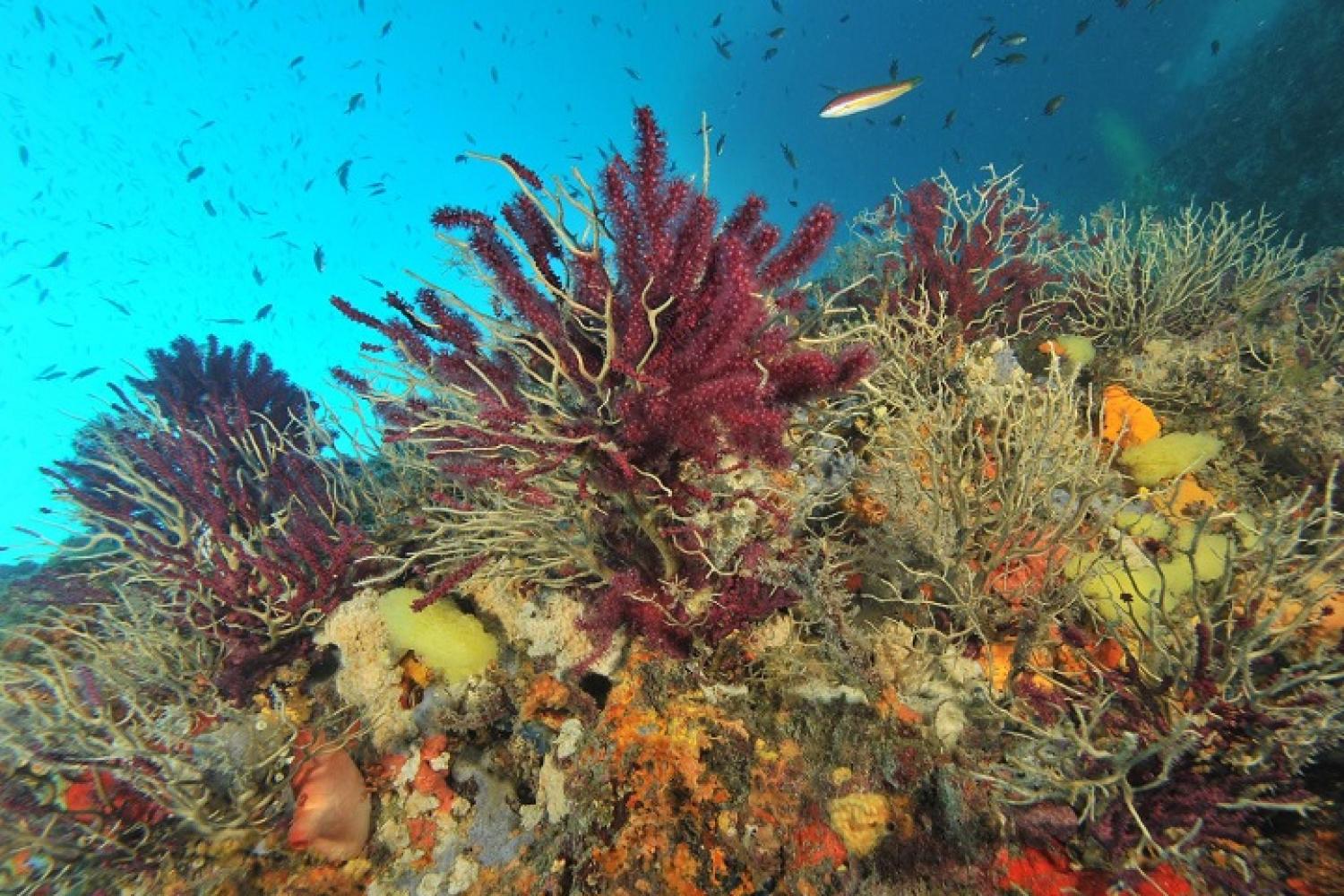
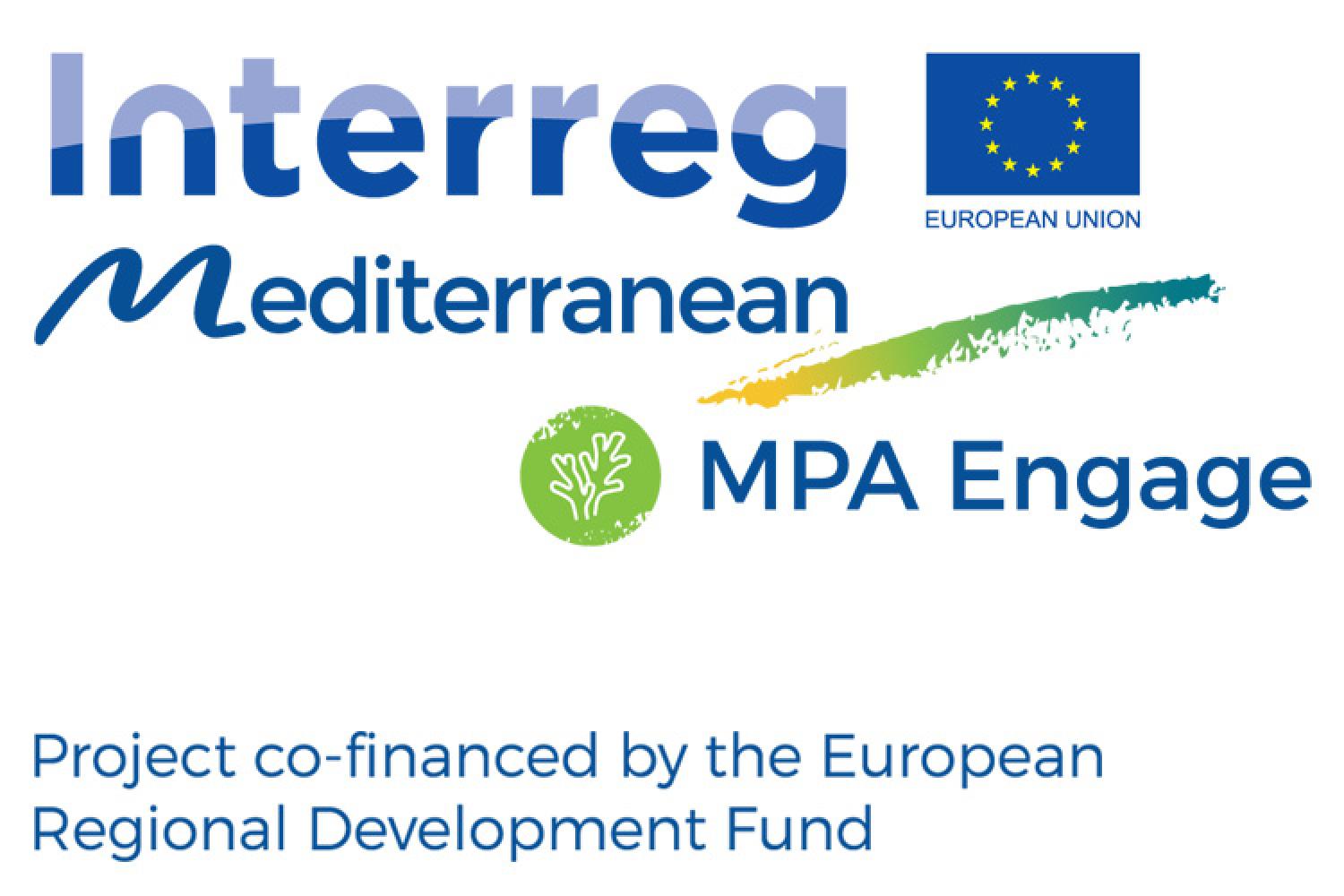
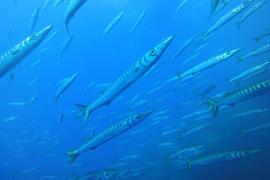
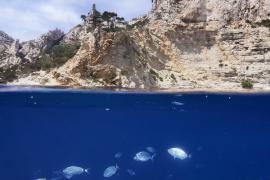
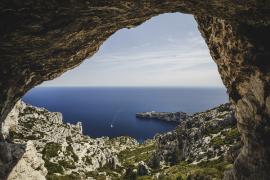
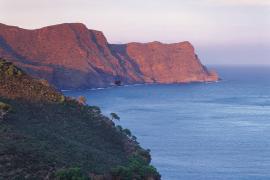
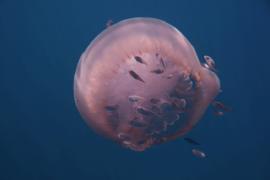
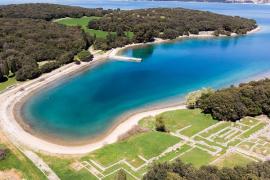
 Links
Links